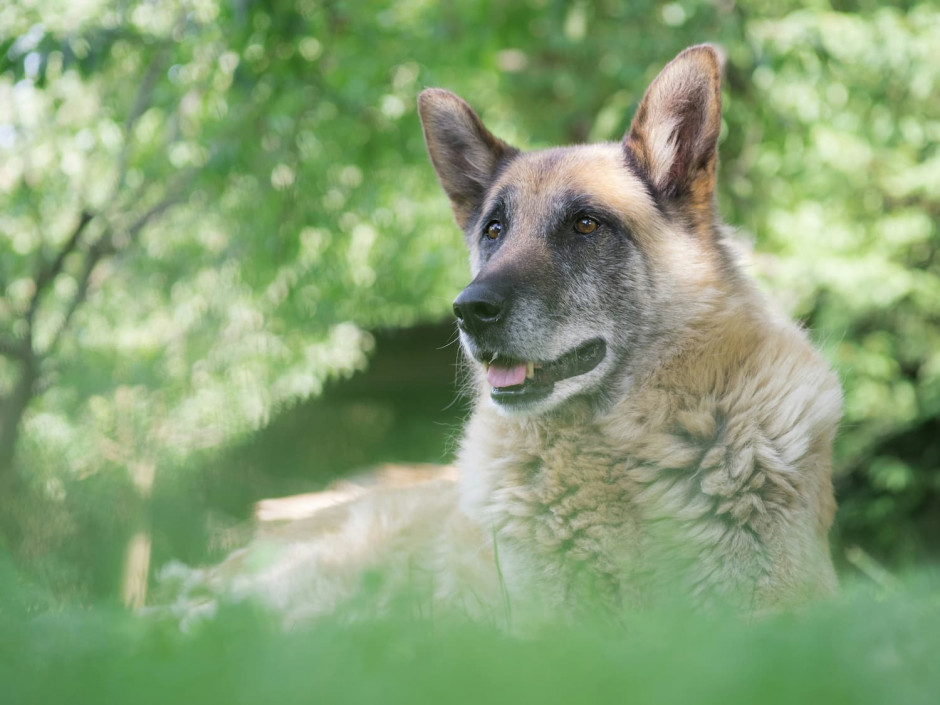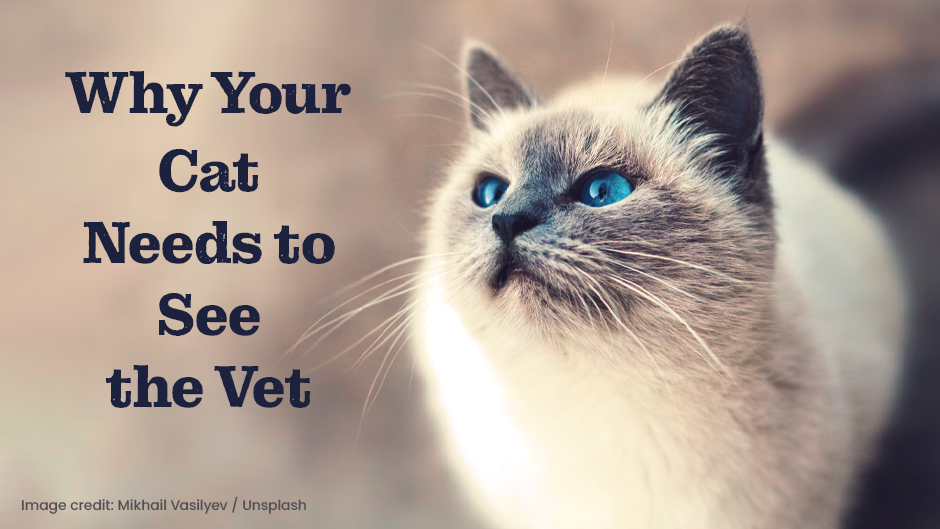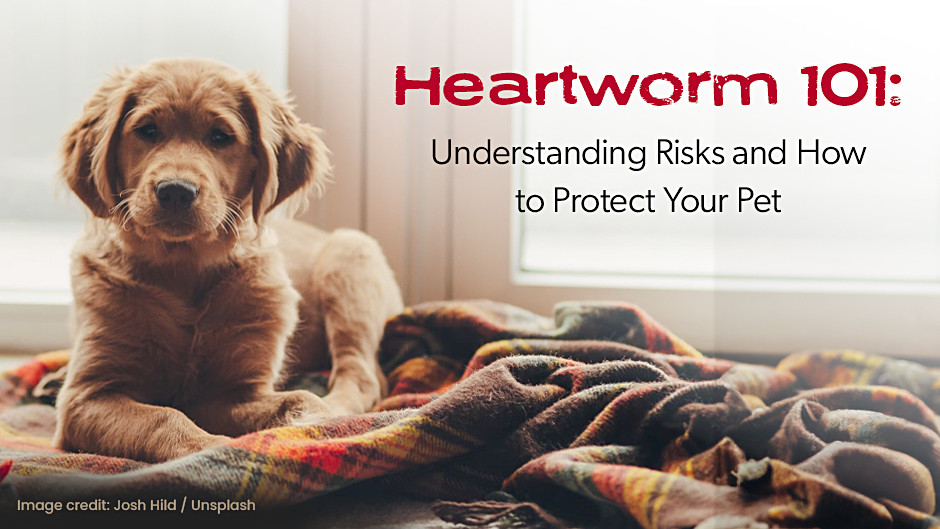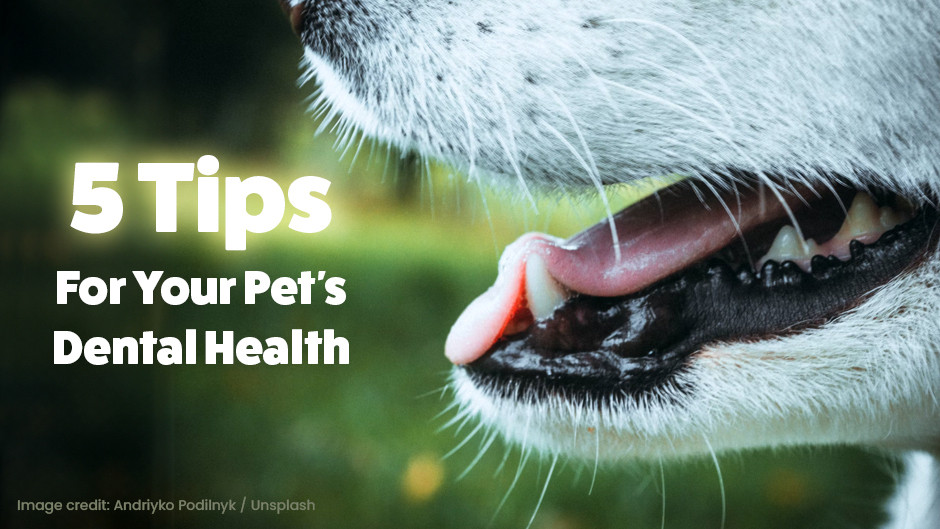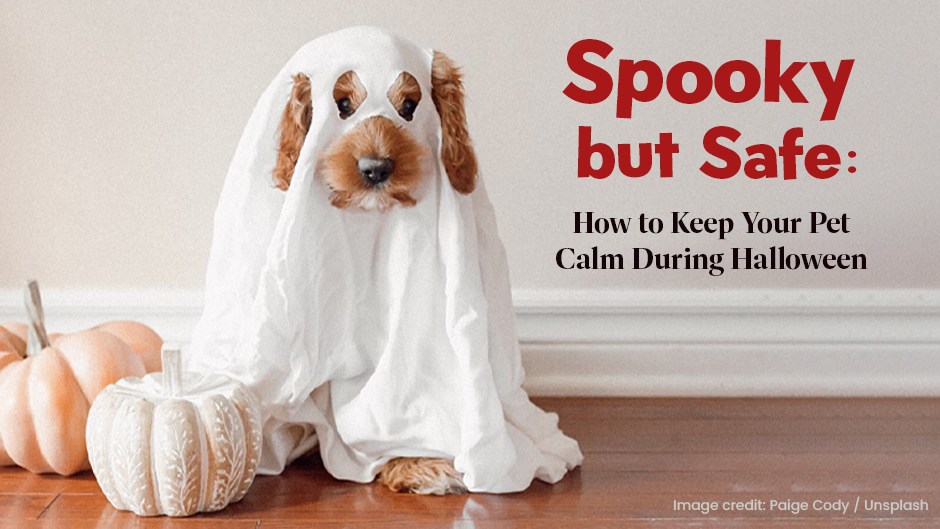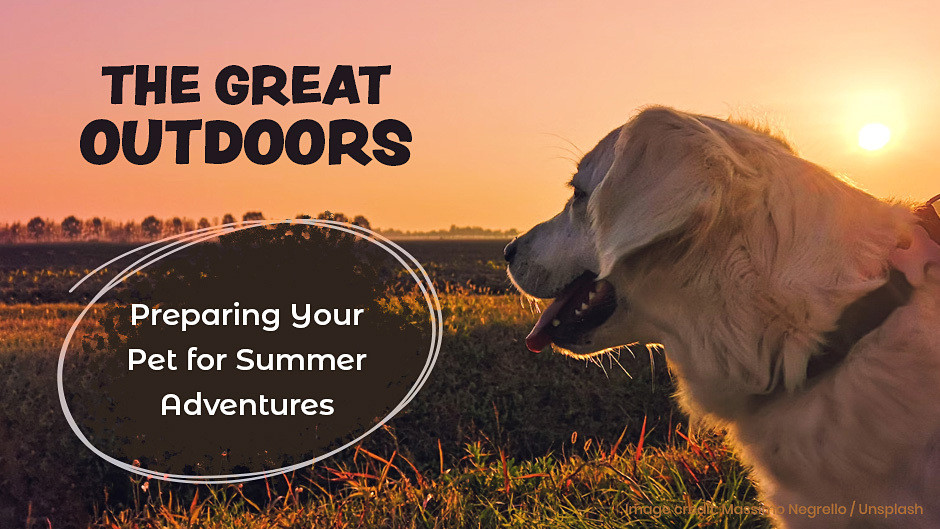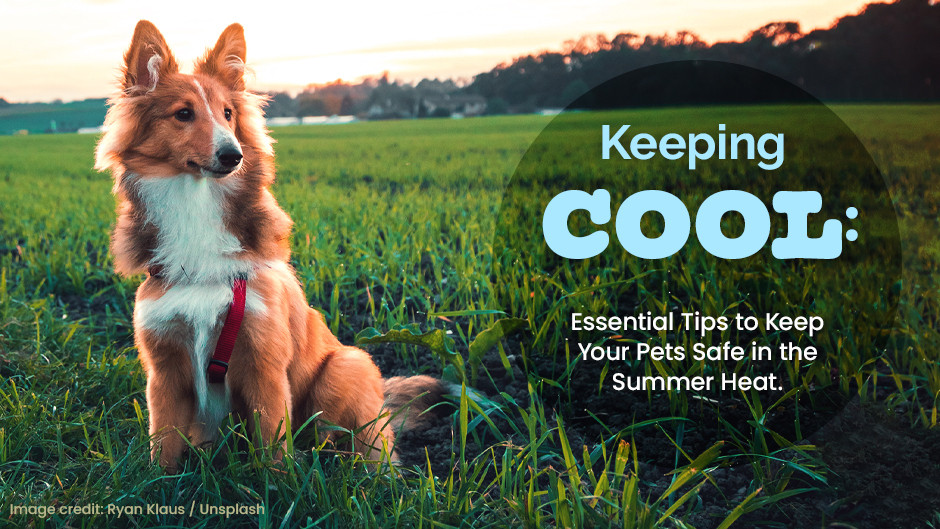Pet Health Articles
Don't Forget About Your Pet's Teeth
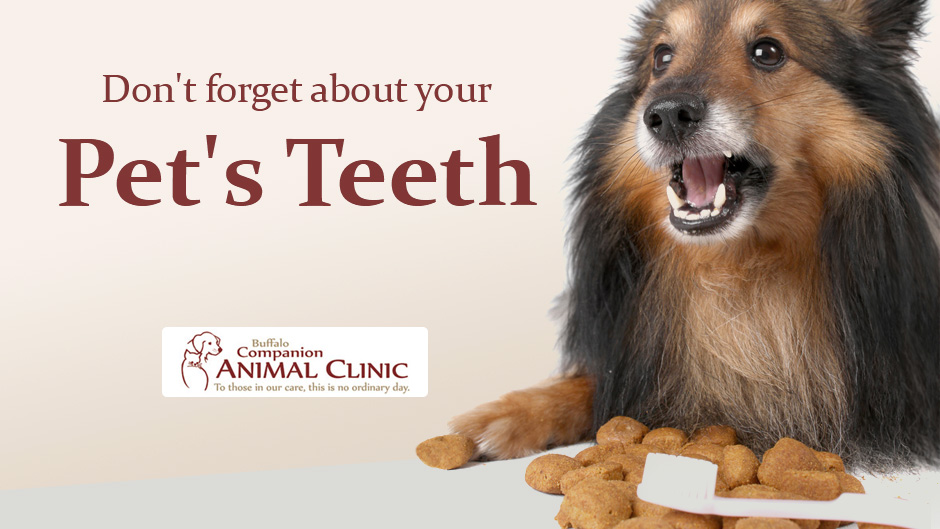
We dogs and cats might act like we don't want our teeth brushed, but we love having pearly whites and strong teeth so we can enjoy that nutritious food you give us. Keep reading for some tips on gaining our cooperation and how you can tell when we might have a problem with our oral health.
Cheers,
Carlos
You bring your pet to the veterinarian for annual exams, feed her nutritious food, make sure she gets plenty of exercise, and regularly spend time grooming her. Despite all this, you could be overlooking an important part of her overall healthcare. Care of your pet’s teeth, gums, and mouth is equally as important as the rest of her body. That is because untreated dental disorders can cause serious problems like infection and tooth loss. Without strong teeth, your pet can’t get the nourishment she needs for a long and healthy life.
If you haven’t yet made oral healthcare part of your pet’s daily routine, you’re not alone. Most pet owners are either intimidated at the thought of caring for their animal’s teeth or never knew that it was important. At Buffalo Companion Animal Hospital, we recommend an annual oral care exam for your pet in addition to the routine check-up.
Pets Develop Periodontal Disease Too
By age three, approximately three out of four pets have some degree of periodontal disease. Also called gum disease, this occurs when plaque, bacteria, and tartar build up on the teeth and attack the gum tissues. One way to guard against periodontal disease is to feed your dog or cat high-quality food with a large concentration of protein and meat but no fillers. A dental-specific diet may be appropriate in some situations.
If you can’t brush your pet’s teeth daily, at least commit to doing it several times a week. To start, have your pet lie down in a comfortable spot. Next, gently pry open his mouth and rub your finger across the teeth for a few seconds so he gets used to having something in his mouth. You may want to wear rubber gloves for this step. You can then have your pet taste a small amount of toothpaste. However, be certain that you choose toothpaste specially made for your pet’s species.
At this point, you can place the toothpaste on the brush and begin brushing. If your pet is resistant, start with a small finger brush first. Eventually, try to brush the outsides of the top and bottom rows of teeth for 30 seconds each. Plenty of praise and reassurance should help your pet get used to the new routine. If you’re still having trouble after a few weeks, ask one of our veterinarians for some suggestions.
Recognizing and Preventing Dental Health Problems
The following symptoms may indicate that your pet has developed periodontal disease or another oral health problem:
• Bad breath despite brushing or using dental chews
• Drooling more than usual
• Brown or yellow staining of the teeth
• Poor appetite
Please schedule an appointment for your pet at Buffalo Companion Animal Clinic right away if you notice any of these issues. We use the latest dental equipment, such as an ultrasonic scaler and a restorative sealant, to clean the teeth. Our veterinarians also use dental radiographs to ensure the best possible view of any potential problems in your pet’s mouth.
Photo Credit: Gra?a Victoria / Getty Images

